Pensions are very much a “Marmite issue” to readers, but we often find that new pension laws have a major impact personal finances. Sorry, Marmite is a British spread, thick and brown, mainly for bread that people either love or hate. Similar to the pensions topic.
UK pensions is an area of law that never stops changing, and of course there are implications for expatriates.
Tax changes to pensions
Covid has caused the UK Government to re-examine pension finances and to roll out certain reforms. This type of reform (to save costs) was inevitable in most European economies.

The main issues in this blog
Let’s start with an overview of this article : the UK Government has changed its formula for paying out state pensions, the lifetime allowance has been frozen for a fixed period, the QROPS was not abolished, and taxes on sales of UK second homes are increasing..
The Triple lock has changed
The UK Government has abandoned the triple lock method for 2022/23 tax year. This method calculates the level of pension pay out to Brits in the UK; but of course also to British expats right across the EU and in many other countries.
Under the triple lock, the UK Government had agreed ( under the Cameron/Clegg premiership) that the state pension would be increased annually by the higher of : Consumer Prices Index, the average wage increase or 2.5%.
This triple lock formula has been amended for 2022/23.
What will it mean ?
Instead, for tax year 2022/23, the method of increase for the state pension will be restricted to 2.5% or the rate of inflation whichever is higher.
This is a cost-saving measure by the UK Government, designed to control their pensions budget. Of course most governments on the planet are seeking similar solutions.
One major issue may cause this plan to splutter along or fail, perhaps.
The UK annualized rate of inflation was 4.2% in October 2021, which is a ten year high. I am not sure this was contemplated when the above changes were mooted in early 2021.
If inflation rates continue at this level, that will distort the UK’s cost of state pensions.
The UK lifetime allowance has been frozen
The UK Chancellor Mr Rishi Sunak announced this year (in March) that the lifetime allowance would be frozen for the next 5 years.
This is quite significant and let’s examine the detail. The lifetime allowance is the maximum amount of savings ( tax-free pension savings) that an individual can build up over their lifetime.
The standard lifetime allowance is £1.073 million and there is a penalty charge when individuals exceed the lifetime allowance.
The lifetime allowance (LTA) is now frozen which over the next 5 years will bring more taxpayers into tax, each year ie more funds into the higher tax bracket during this period.
“Where is the upside ?” I hear you ask. There is no major positive to these charges, however, there was better news for expats in relation to their QROPs.
What has happened to QROPS ? ( answer : nothing)
The QROPS is a qualifying recognized overseas pension scheme, and astonishingly, these schemes currently hold £12bn of British expat monies.
There are over 130,000 Brits taking part in QROPS. It has been expected for the last year or two that the UK Government would abolish the QROPS as a tax efficient vehicle.
This did not happen, which is great for expat pension planning, for the time being. So, the QROPS survived, but it will be affected by the freezing of the lifetime allowance (LTA) mentioned above.
The takeaway point on QROPS is therefore, if you are a British expat ( or planning to become one) it is worth tracking the value of your pension pot now.
If it is near to the lifetime allowance, and you are planning to move it to a QROPS, there is a risk of an excess tax charge. Some tax planning may be needed.

Do you own a second ( third, fourth..) home in the UK ?
It is very common for British expats ( and other nationals) to own property in the UK, but to reside in other countries. Many clients tell me that they were nervous about saving all their monies with pension providers. They retain some capital in UK property which can generate rents ie another source of pension.
Non-resident Capital Gains Tax*
The NRCGT* rules were implemented in 2015, meaning that non-resident expats can suffer UK capital gains tax (CGT) when selling UK residential property; which is not their first home. This was not immediate issue in 2015, 2016 but as the years have elapsed, the potential for larger taxable gains has increased.
The key message for expats in relation to UK second homes is that the sale of these properties can now easily trigger capital gains tax, and an expatriate tax expert may be required.





